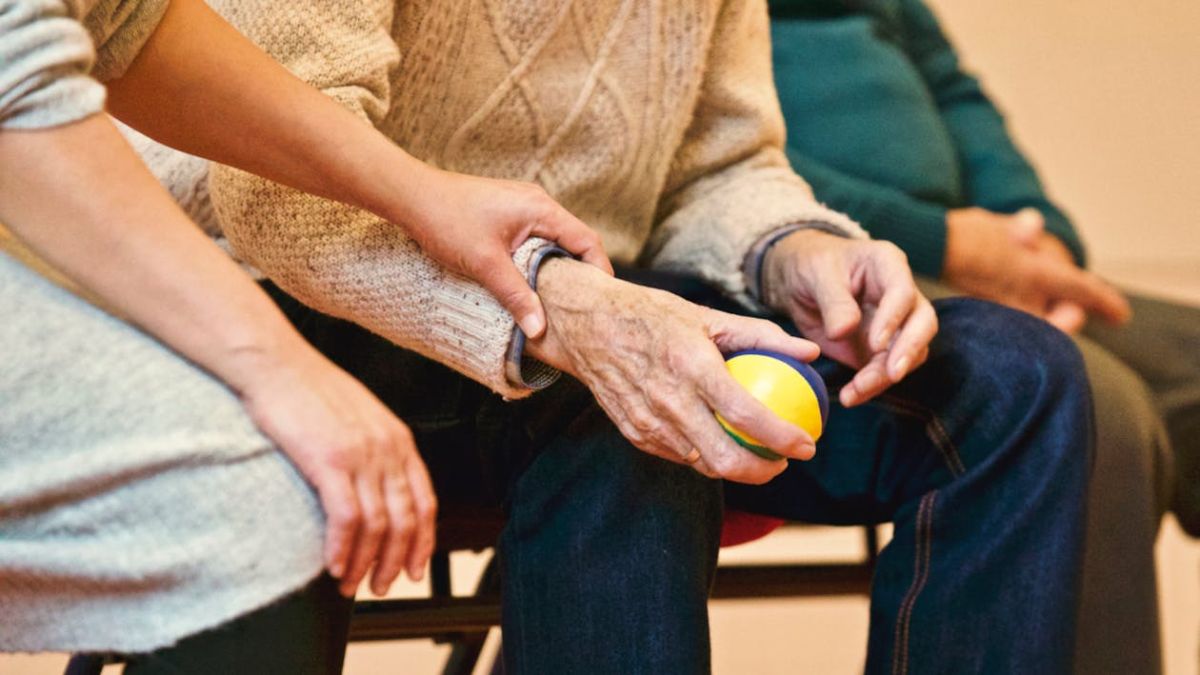If you have kidney disease or are at risk for it, the most important thing to know is this: You can take steps to help slow down the progression of kidney disease and keep yourself as healthy as possible. In addition, there are some simple things you can do to support your kidneys even if you don’t have any symptoms of kidney disease yet. By following these steps and taking care of yourself, your kidneys can stay healthy for years to come!
Kidney basics:
The kidneys are a pair of purplish-brown organs, each about the size of a fist. They’re located just below your ribcage on either side of your spine. Your kidneys filter out waste products from your blood and dispose of them through urine for elimination from the body.
Your kidneys also:
- help maintain electrolyte balance in your blood by regulating salt and potassium levels
- produce hormones such as erythropoietin (EPO), which stimulates red blood cell production in bone marrow
- control blood pressure by regulating water content in tissues;
- they produce renin, an enzyme that helps regulate blood volume by controlling salt balance
- kidneys secrete renin-angiotensin system modulators like kallikrein protease inhibitors (KPIs), which prevent clotting at sites where tissue injury occurs during surgery or trauma
Keeping yourself healthy is the best way to ensure that your kidneys stay healthy as well:
- Eat a healthy diet. A high-protein and low-sodium diet is best for the kidneys.
- Exercise regularly, but not excessively (exercise can be harmful to your kidneys if you overdo it).
- Get regular checkups from your doctor, especially if you have a family history of kidney disease or diabetes mellitus (high blood sugar).
Do not smoke:
Smoking is bad for your health in many ways, but it can also be harmful to your kidneys. Cigarette smoke damages the blood vessels that supply your kidneys and can contribute to chronic kidney disease.
Smoking is associated with an increased risk of kidney stones and high blood pressure (hypertension), which can also contribute to kidney disease.
Limit alcohol consumption to two drinks per day for men and one drink per day for women:
- Limit alcohol consumption to two drinks per day for men and one drink per day for women.
- Avoid heavy drinking (4+ drinks in one sitting), which can damage the kidneys and cause high blood pressure, dehydration, nausea and vomiting.
- If you have diabetes or a family history of kidney disease, ask your doctor about how much alcohol would be safe for you to drink.
Exercise regularly, but avoid strenuous exercise if you have protein in your urine or swelling in your extremities, especially the feet and ankles:
Exercise is one of the best things you can do for your kidneys. Regular physical activity helps you maintain a healthy weight, which in turn helps prevent kidney disease. It also improves your sleep quality and decreases stress levels, which are both risk factors for chronic kidney disease (CKD).
If you’re not already active, start slowly by walking 30 minutes a day most days of the week or doing simple exercises like stretching or yoga that don’t require any equipment at all. If those options feel too easy for you, try jogging instead! As long as it’s comfortable enough not to cause pain in your legs or chest during exercise–and doesn’t make them swell up afterward–then it’s probably safe for daily use by people with CKD who aren’t experiencing any other symptoms besides mild swelling in their extremities (like feet and ankles).
Stay hydrated:
- Drink plenty of fluids every day to flush toxins from your body and prevent dehydration and kidney stones.
- Drink enough water so that your urine is clear or light yellow in color. You’re drinking enough water if you urinate at least once every 1-2 hours during the day and twice at night.
- For most healthy adults, the recommendation is to drink more than eight 8-ounce glasses (2 liters) of water per day.
- Avoid sugary drinks like sodas because they can increase your risk for developing type 2 diabetes.
- Also avoid caffeinated beverages like coffee or tea since they can cause you to urinate more frequently contributing to possible dehydration.
- And don’t forget alcohol–not only does it dehydrate you but it may also damage your kidneys by increasing blood pressure or causing high levels of uric acid (a waste product) in the body which may lead to gout attacks!
Avoid taking medications that stress your kidneys:
Avoid certain medications that can harm your kidneys. The most common ones are:
- nonsteroidal anti-inflammatory drugs (NSAIDs) such as naproxen and ibuprofen
- diuretics (water pills) such as thiazide and hydrochlorothiazide
- lithium carbonate used to treat bipolar disorder
- aminoglycosides such as gentamicin used to treat infections
| Take medications as prescribed by your doctor, even if they aren’t working as well as they should be or if you have side effects; these could be signs that something is wrong with your kidneys. |
- While medications are typically very effective, they’re not always perfect.
- Side effects can be a sign that something is wrong with your kidneys or other body systems.
- If you have side effects, talk to your doctor about them so he or she can help find an alternative medication that works better for you.
- If you have concerns about your medication and its impact on your health, talk to your doctor about this as well.
Check your blood pressure:
Blood pressure is a measure of the force of your blood against the walls of your arteries.
- High blood pressure can cause damage to your kidneys and lead to kidney disease, so it’s important for you to keep an eye on it.
- Check with your doctor about what is considered normal for you and take steps to lower any readings that are too high.
- Don’t ignore symptoms like fatigue or dizziness–they may be signs that something more serious is going on with your health!
Limit the amount of salt you eat:
You can also help your kidneys by limiting the amount of salt you eat. Salt is a risk factor for kidney disease, and high blood pressure is one of the leading causes of kidney failure.
For example: If you have high blood pressure, your kidneys may work harder to filter excess water from your body in order to lower the amount of fluid building up in them. This can lead to serious complications down the line if left untreated.
Maintaining healthy kidneys takes vigilance and care, but it’s worth it!
In order to maintain healthy kidneys, you need to be on the lookout for any potential damage or disease. It’s also important to learn about your family’s medical history and work with your doctor to find out if there are any issues that could affect your kidneys as well as other organs in the body.
Conclusion
If you’ve been diagnosed with kidney disease, it’s important that you get treatment right away—but even if this isn’t an issue for you yet, there are still steps every person can take now (and throughout their lives) in order to protect their health against future problems. Maintaining renal health is an important part of staying healthy, but it’s not always easy. If you have questions about your kidney health or want to learn more about how to prevent kidney disease, talk with your doctor or your True Care healthcare team.





